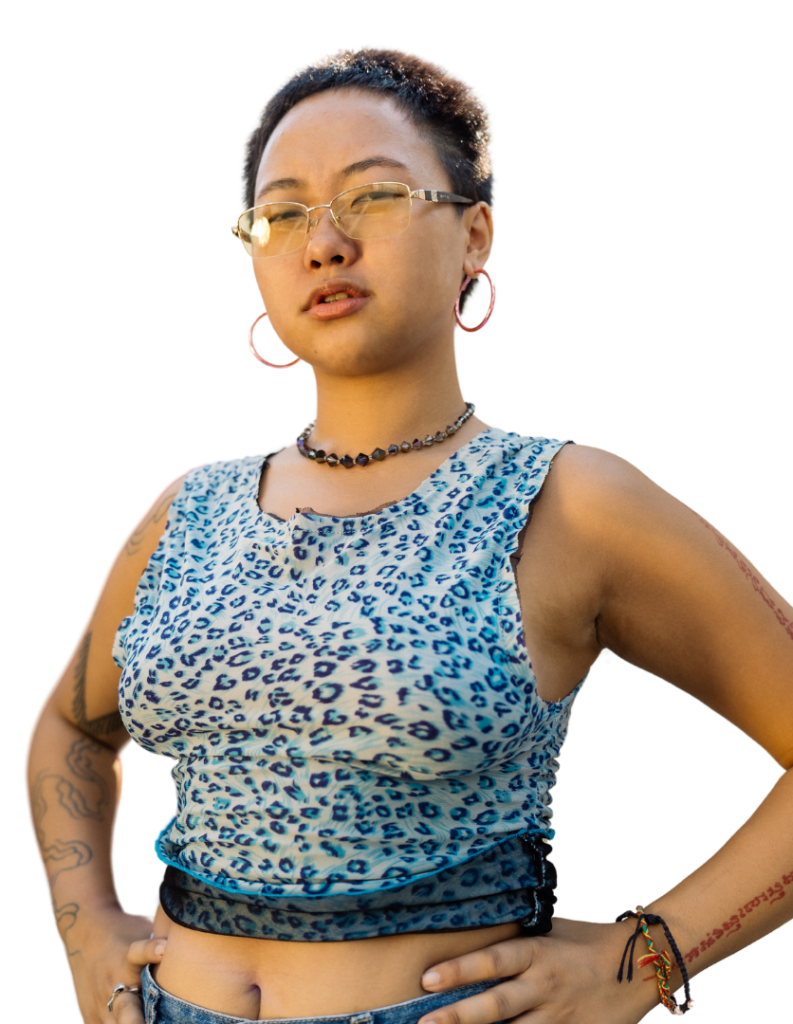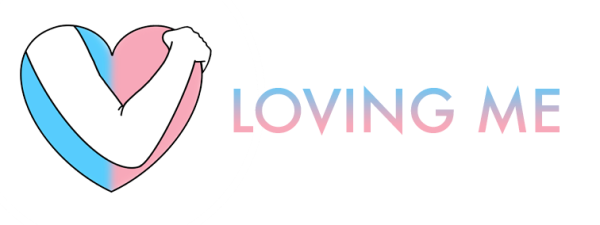Obstacles to Getting Help

< Back to LGBTQ+ advice and support page
As LGBTQ+ people, seeking support when you’re going through tough times can be really hard. There are several hurdles that can make it tricky to find the help you need:
- How do I recognise the signs of abuse: Sometimes, as a member of the LGBTQ+ community, you may not even realise you’re in an abusive situation. This is especially common in LBGTQ+ people, there isn’t a lot of reliable representation out there and it might be hard to identify the harm. It’s important to remember that there is help available, we all deserve to be happy in our relationships. Learn how to recognise the signs of abuse here.
- I feel unworthy: Low self-esteem or struggling with accepting your LGBTQ+ identity can sometimes make you feel like you don’t deserve help. But remember, everyone deserves support when they need it.
- I’m afraid I’m going to be treated badly: Many LGBTQ+ people fear seeking help because they’ve experienced discrimination in the past. This fear can add to the difficulty of reaching out. These fears are valid but try not to let this stop you from reaching out for help. If you can, ask a friend or a family member to advocate on your behalf and join you in sessions or appointments.
- It’s more complicated… If you’re LGBTQ+ and belong to a different (minority) ethnic background, you might face extra challenges. Combining experiences of racism and homophobia can make things even more complex. Remember, your unique identity is your strength. You’re not defined by the challenges you face, but by the resilience you show in overcoming them.
- Is this what a relationship looks like? Young LGBTQ+ people under 25 can face unique difficulties. You might see your first relationship as a big part of your identity, struggle to understand what a healthy relationship looks like or feel trapped in an abusive situation. It’s important to recognise that you are deserving of love and a healthy relationship.
- I don’t trust the police: Many LGBTQ+ people might be afraid to reach out for support as they light face hostility, homophobia, biphobia, or transphobia. LGBTQ+ people might not find support from the police or be able to rely on receiving justice through the courts due to facing discrimination and hostility within the justice system. Don’t let fear stop you from seeking the help you deserve. There are safe spaces and supportive communities waiting to uplift and empower you. You are not alone.
- I have nowhere else to go: LGBTQ+ people might find it harder to leave an abusive relationship because moving to a different place might mean moving away from community groups and trusted support systems, not to mention finding new GPs and services that can support them. Remember, your safety and well-being come first. While leaving might seem tough, there are networks and caring communities beyond your current situation ready to embrace and support you. Your courage to seek safety is a step towards a brighter, healthier future. You’re not alone, and there are resources to help you rebuild a supportive network wherever you go.
- I’m afraid to come out: – For some, the process of coming out can pose significant risks. If you’re considering coming out or fear being outed while in an abusive relationship or household, it’s essential to consider creating a safety plan to prioritise your wellbeing. You can access our safety plan here.
It’s essential to know that you’re not alone in this journey, and there are people and organisations who understand these barriers and are here to support you. You absolutely deserve help, and you can overcome these challenges. 🌈💪
< Back to LGBTQ+ advice and support page


Advice
If you are a young LGBTQ+ person facing abuse, there are resources and support available to help you. Here is some advice to help you navigate this situation:



Content made in collaboration with
Loving Me.
